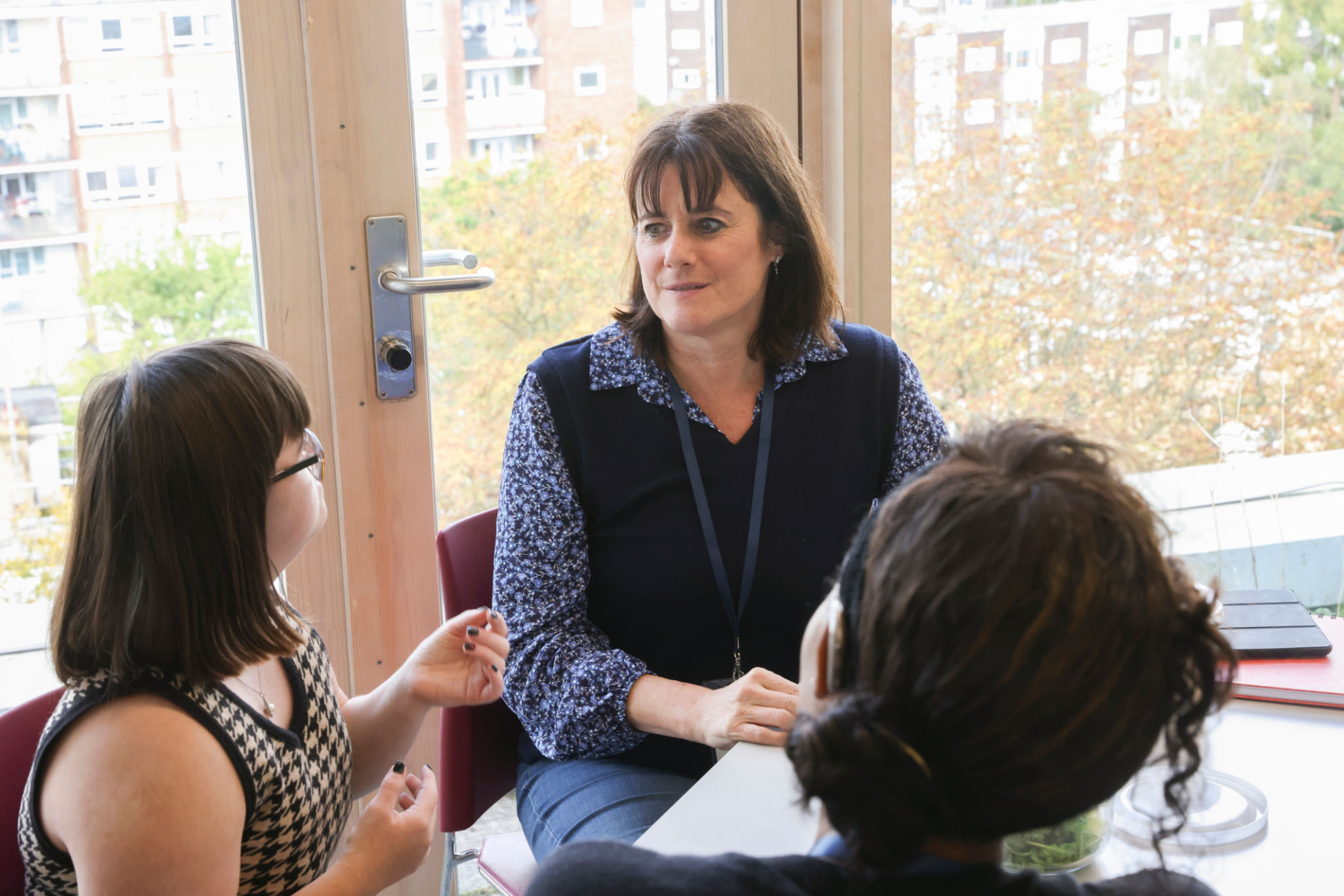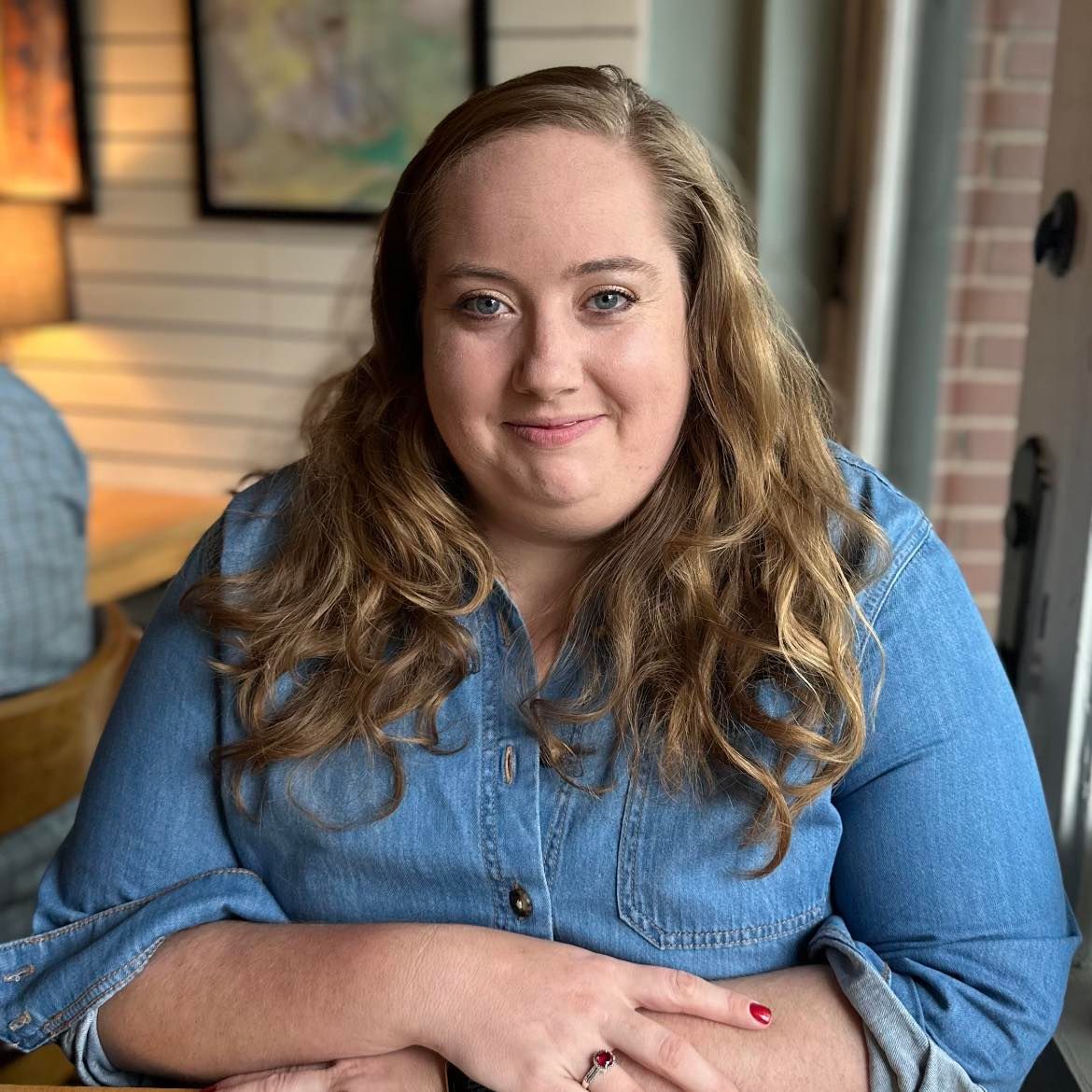Why PDS Feels So Hard—and What Case Managers Can Do to Make It Easier
SH
🧩 PDS is complex. Yet, totally worth it.
I’m Samantha Harrison. Behind every Medicaid waiver and disability policy is a family fighting for their loved one’s future. This space is about truth, courage, and clarity—giving you tools, hope, and a steady voice when everything feels like too much.
Even when PDS is working, it doesn’t run itself. And when it’s not working?
Case managers feel it first.
Families call in crisis because a staff member quit.
Budgets get stuck waiting for one more quote.
You’re juggling timelines, approvals, team meetings—and still trying to meet your deadlines.
If you’ve ever thought “this takes way more effort than it should (and it’s more than I get paid for)” you’re not wrong.
In many states, the Case Management role is separate from the information and assistance role that helps participants make PDS work.

🛠 The Operational Load Is Real
PDS expects families to become small business owners so that they can have more freedom, flexibility, and control over their care services—but in reality, case managers are often left to:
- Explain rules that aren’t clearly written
- Field questions about employer responsibilities
- Resolve a million HR problems that feel outside of the Case Manager role
You’re doing way more than paperwork. You’re holding the system together.

⚠️ What Makes PDS So Challenging?
Here’s what case managers say makes it tough:
Lack of consistent training: Program rules vary by FMS, by region, by interpretation.
Families aren’t set up to succeed: They’re told they can hire who they want and told “good luck.”
You’re not given the tools: No centralized place for forms, resources, or real-world answers.
And yet, you’re still expected to make it work.

✅ So What Can You Do?
You can’t solve every issue—but you can make your day-to-day easier.
1) Document what you explain often
If you find yourself repeating the same explanation, save it as a script or template. It saves time and keeps your messaging clear.
2) Refer families to mentorship or outside support
If a family is in over their head, connect them to education resources or consultants who specialize in PDS. You’re not abandoning them—you’re adding to the team, protecting your time and helping them thrive.
3) Ask for what you need
Don’t be afraid to request more clarity, updated training, or better tools. Case managers are the eyes and ears of the system.
When you speak up — firmly & kindly — people listen.

🧠 You Know the System—And Its Gaps
PDS gives people the chance to live on their terms. But only if the professionals involved are supported, too.
So here’s your reminder: it’s not your job to do everything.
It’s your job to support—and that includes finding support for yourself.
Let’s make PDS easier, together.
Meet Samantha
Samantha Harrison is a disability consultant with over 13 years of experience helping Kentucky families navigate Medicaid waivers, hire caregivers through Participant-Directed Services (PDS), and build care steams that actually work.
She’s on a mission to help families and case managers who are being left to manage complex systems alone—facing long waitlists, confusing rules, and impossible decisions without enough support. And with new Medicaid cuts looming, the stakes have never been higher.
Samantha offers hands-on, personalized support to help families get clear answers, take action, and create sustainable solutions—without getting lost in the red tape. If you’re ready for real help, you’re in the right place.

